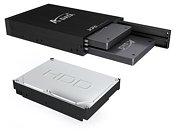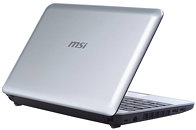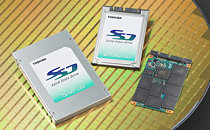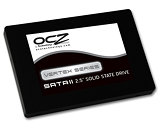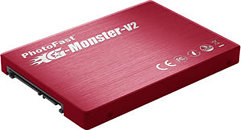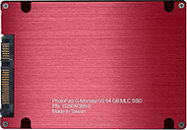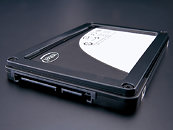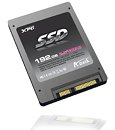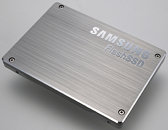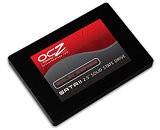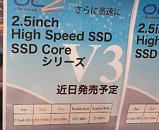
MSI Debuts U-Force, Dual-Core Atom Nettops, Briefs CES Plans
In the CES 2009, to be held in Las Vegas from January 8, MSI will once again capture the world's eyes with its prolific R&D and designs. In addition to introducing the whole new U-series models, MSI will launch the new All-In-One Wind NetOn models and MSI's first dual-core Atom All-In-One models. G-series notebooks, the first series surmounting 10000 points on 3Dmark, will also be exhibited. With such a strong cast, MSI will successfully become the focus on the international stage once again.
Following the popular MSI Wind Netbooks, U100 and U90, MSI will introduce some more portable netbook in CES, including MSI U115 Hybrid, and will also announce that MSI U120 is "WiMAX Ready". Moreover the first netbook capable of running SSD/HDD simultaneously, and MSI X-Slim Series X320, the 13" super portable notebook of just about 1.3 kg.
Following the popular MSI Wind Netbooks, U100 and U90, MSI will introduce some more portable netbook in CES, including MSI U115 Hybrid, and will also announce that MSI U120 is "WiMAX Ready". Moreover the first netbook capable of running SSD/HDD simultaneously, and MSI X-Slim Series X320, the 13" super portable notebook of just about 1.3 kg.


